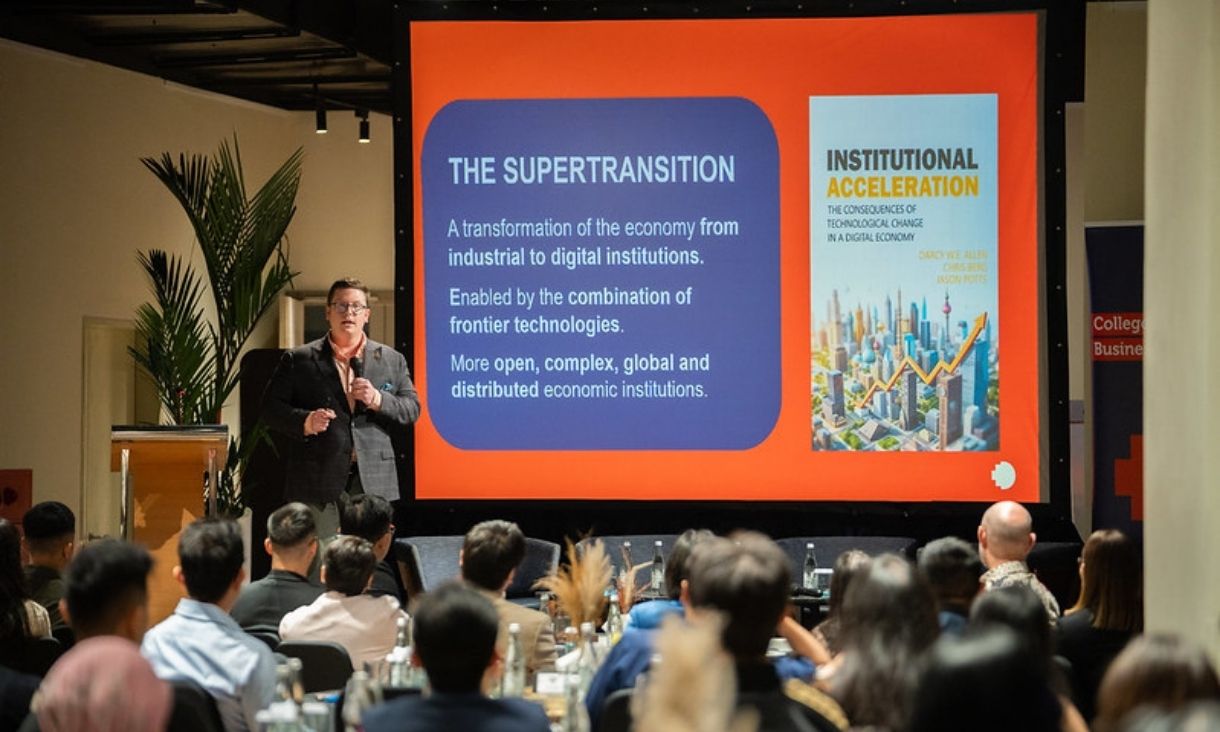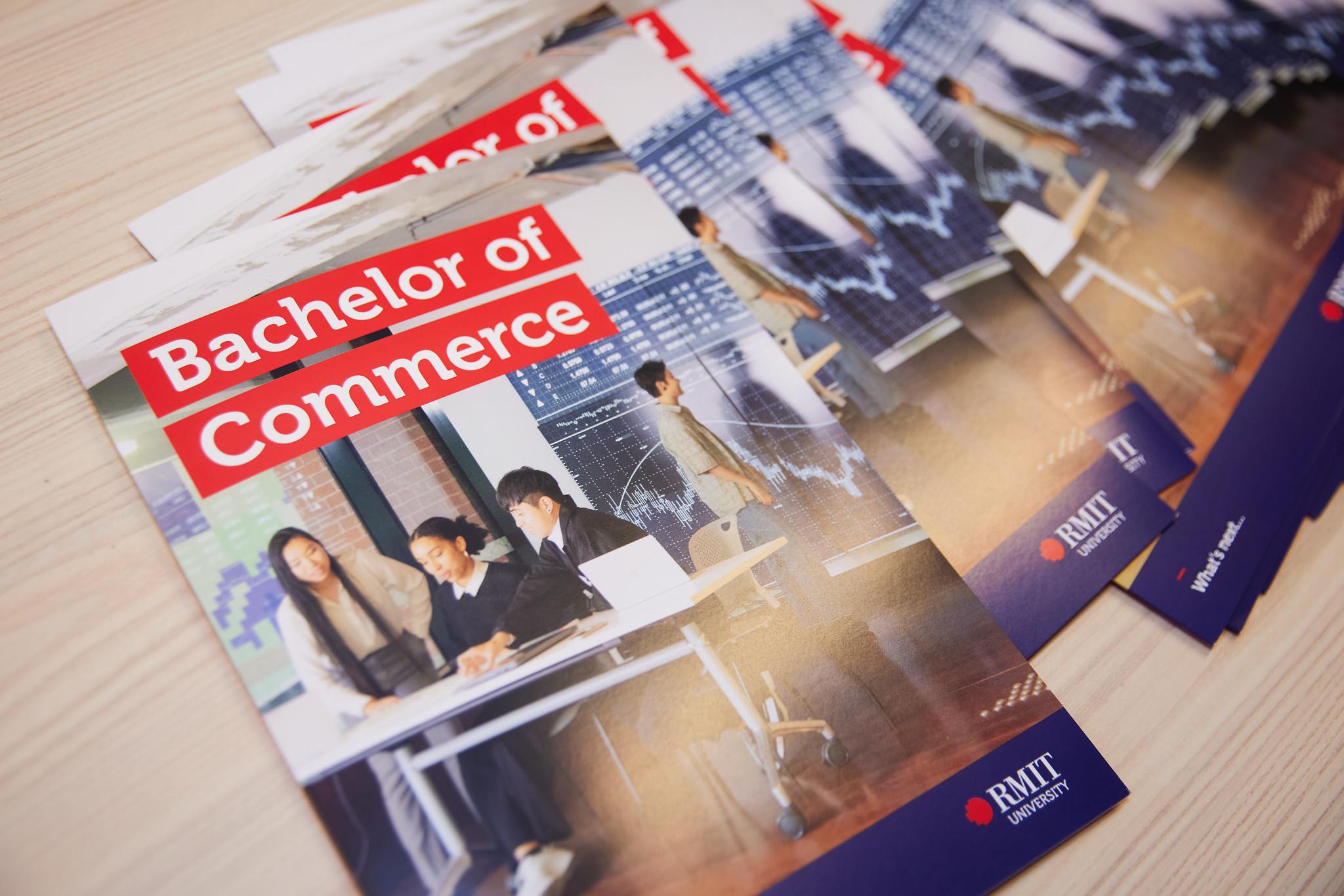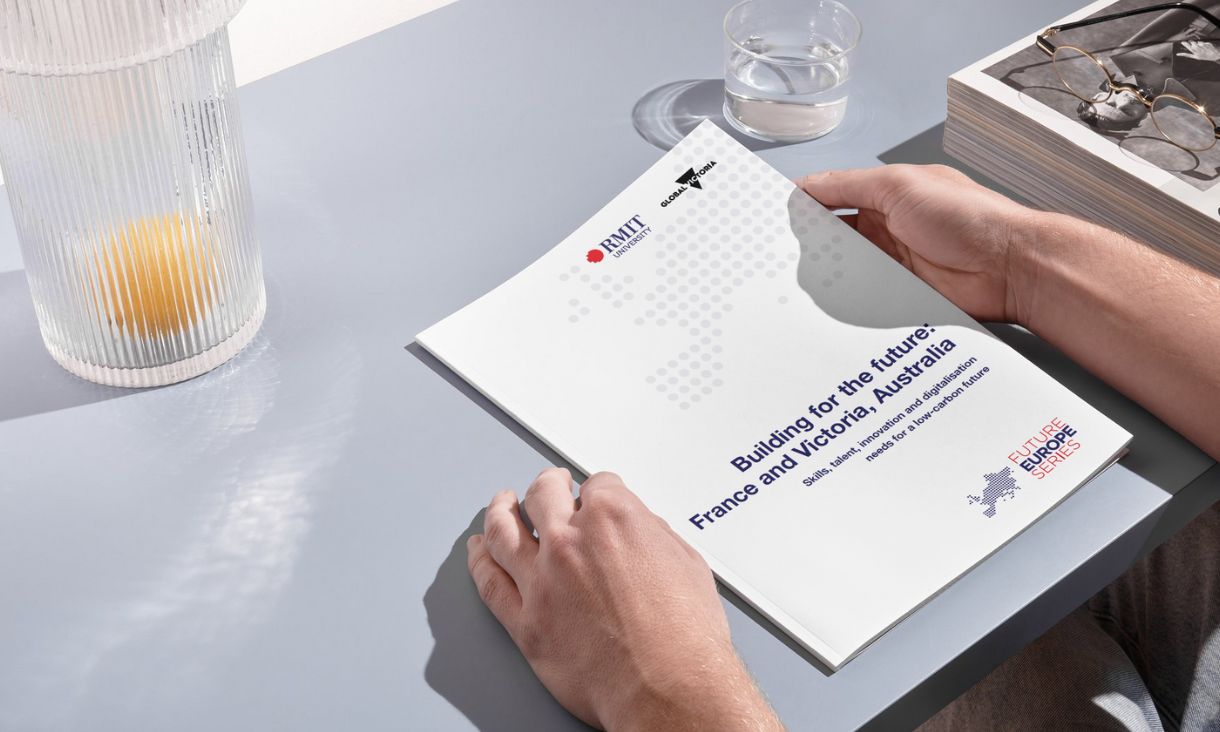Dr Margaret Heffernan (0419 339 724 or margaret.heffernan@rmit.edu.au)
Topics: Women’s, indigenous and migrant health literacy, vaccination and anti-vaxxers, vaccine hesitancy, health promotion
“Public health experts’ anticipation of vaccine hesitancy among migrant and refugee communities is unfounded.
“While the Australian Government has formed vaccine advisory groups to coordinate the COVID-19 vaccine implementation strategy, uptake among the general population will be dependent on trust in the vaccines’ safety and Government resources addressing the nuances of vaccine hesitancy among community groups.
“It is incumbent on vaccine advisory groups to build community empowerment. The inclusion of a broader range of community representatives, particularly women who were not sufficiently represented in migrant strategic advisory groups in the 2020 pandemic provides the basis for people to exercise power to engage in policy formulation and vaccine education programs.
“Migrant communities have generalised vaccine acceptance and are more likely to trust respected local pro-COVID-19 vaccine influencers, encouraging wide-spread vaccine uptake. Government will need to empower these community influencers through intensive education to make sure that they are equipped to answer hesitator concerns.
“Convincing vaccine hesitators or resistors to take up a COVID-19 vaccine will require the concerted efforts of multiple socio-cultural stakeholders, identifying pro-vaccinator community members who will lead through their capacity to contribute to the strategy and objectives of the implementation strategy and sufficient vaccination uptake so that COVID-19 will not pose its current threats to community well-being.”
Dr Margaret Heffernan O.A.M is an academic and behavioural researcher in the College of Business and Law at RMIT University, with expertise in health behaviours, cross-cultural communication and HPV vaccination implementation in Indigenous and migrant populations. In 2020 during the COVID-19 crisis Margaret gained extensive media coverage on the unique challenges of the pandemic lockdown for migrant communities in Melbourne, and the missteps for them in the Government communication strategies.
Professor Viktor Gekara (0451 001 928 or victor.gekara@rmit.edu.au)
Topics: transportation and distribution; cold chain, COVID-19 vaccines, last-mile delivery
“The biggest challenge regarding the transportation and distribution of the vaccine will be in the last mile.
“Serious consideration will need to be given to the location of distribution centres in relation to the points of administration, particularly in remote, regional and isolated areas.
“A further complication is that most of the vaccines being developed require two doses, which are administered about three weeks apart. Resourcing the logistics of transportation, delivery and storage during this period is therefore another important consideration.
“Logistically this is a very delicate operation. First, we are dealing with many variables and uncertainties. The different vaccines require different storage and transportation conditions, so it is a question of how we organise the logistics in such a way that the vaccines are transported, handled and delivered to each destination without compromising their integrity.
“If indeed the effectiveness of the vaccines lasts six to 12 months, then we are in for a long and delicate logistical journey. The government needs to consider establishing permanent infrastructure for the long term.”
Professor Victor Gekara is Director of the Global Transport and Logistics Research Group (RMIT). His research expertise is in the technologies of transportation, warehousing and distribution and the human element interaction, including workforce skills and competencies.
***
For media enquiries, please contact RMIT Communications: 0439 704 077 or news@rmit.edu.au



